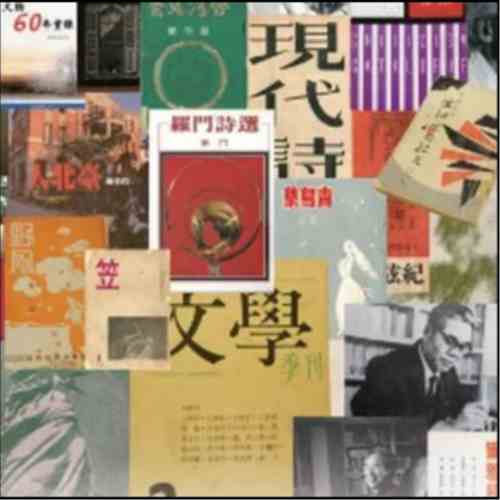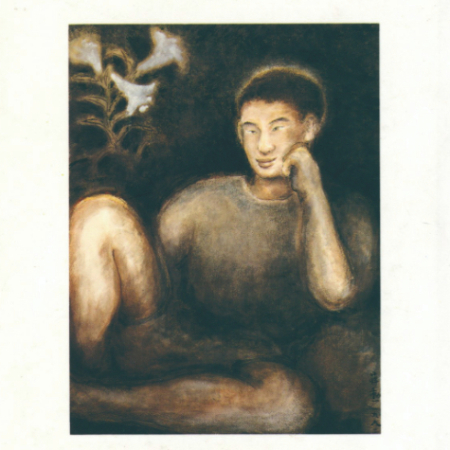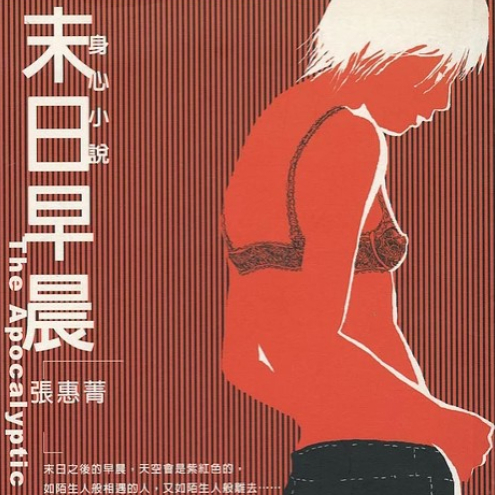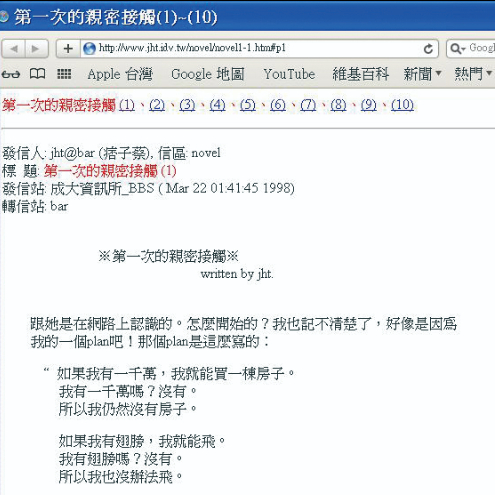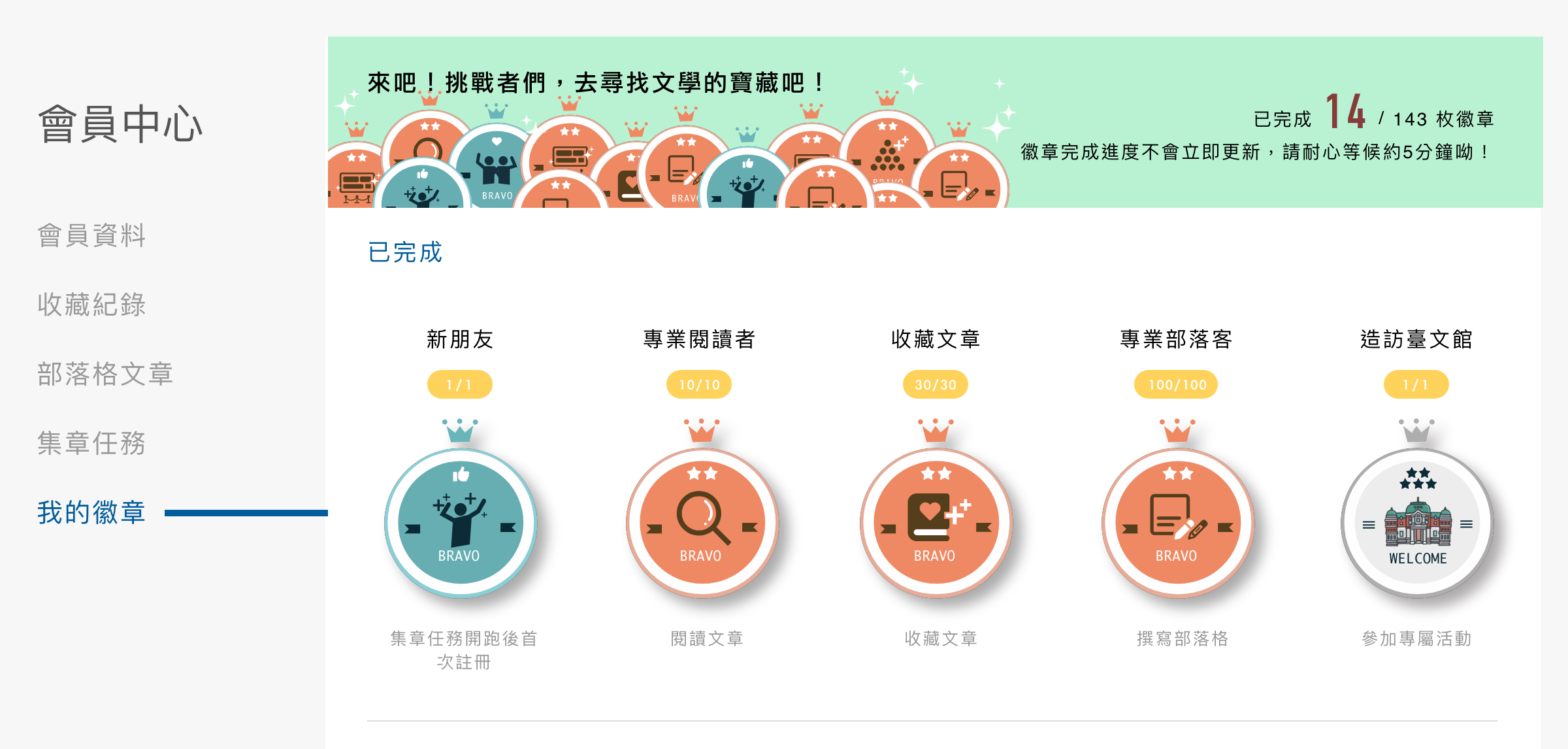Eating is a part of life. Dietary literature focuses on writing about emotional communications in life, tastes in memories, loves of family, personal diet experiences and aesthetic feelings, the origin of various diets/ foods, and cultural transmutations. Unlike general introduction to the cuisine, dietary literature through writing diet/foods tells more profoundly the “stories” connecting emotions, time, and foods. Pulsating with the excitements of shifting between the taste buds and the memories, authors of eating literature record the happiness of enjoying drinking and eating, the memories, and historical allusions in the stories.
Most of early dietary prose written in Taiwan was filled with nostalgia, such as works by Liang Shih-Chiu, Tang Lu-Sun, Qi Jun, and Lin Tai-Yi, among others, so, foods in their stories were the sentiments of homesickness, remembrances of people, or recalling of past lives. After that, Lu Yau-tung placed foods at the historical coordinates through his vision of a history scholar. For instance, he wrote an article to infer Sichuan Beef Noodles originated from Taiwan, rather than from Sichuan, therefore, rectified the Beef Noodles to be Taiwan-origin.
The dietary literature has flourished and diversified since the nineties. Commentators likes to call the 1999 as the first year of the dietary literature of Taiwan, because books about diet, such as Lin Wenyueh’s Sundry Notes about Food and Drink (飲膳札記), Jiao Tong’s The Complete Virility Enhancing Recipes (完全壯陽食譜), and Isabella Allende’s Chinese translation edition of Afrodita/Aphrodite: Cuentos, Recetas y Otros Afrodisiacos (春膳), were all published in this year, and therefore, the year became an important literary milestone in the development of dietary literature. In Sundry Notes about Food and Drink, Lin Wen-yueh lists the name of dishes and gives an account of the recipe and memories for each dish, article by article, with an elegant and profound style of writing. In The Completely Virility Enhancing Recipes, Jiao Tong sets recipes to poetry, and through the metaphor of the diet, he combines food and sexual passion, as well as politics, implying the anxieties of male impotence/collective nation subconsciousness, in an attempt to subvert the political ideology dominated by the state machinery and the myths of anti-Communist and nation restoration in the martial law era. Jiao Tong founded Diet (飲食) magazine in 2004, year by year since 2007, he has compiled annual anthologies of Taiwan's foods and drinks and published two eating literary anthologies, Diet Itinerants’ World (暴食江湖) and Tastes of Taiwan (臺灣味道), in 2009 and in 2010, respectively. He has spared no effort to promote Taiwan’s dietary literature.
.jpg)
Jiao Tong, The Complete Virility Enhancing Recipes.
.jpg)
Lin Wen-yueh, Sundry Notes about Food and Drink.
Jewel Tsai, a writer sojourning in Hong Kong, in her books, such as Southern Jiangxue (南方絳雪), The Wonton City (雲吞城市), and Lady Braise Cook (紅燜廚娘), has rendered the diet-related text, the name and description of things, and staggered lyrics and sensations with wonderfully tasty way. In her another book, Gourmands’ Scripts (饕餮書), in addition to exploring food origins, she furthers discussions of the dialectical relationship among food, power, and society. Li Ang’s dietary novel, An Affectionate Couple’s Aphrodisiac (鴛鴦春膳), is a gorgeous adventure about food and sex, through the writing of “diet” and “food”, which cooked with historical memory, politics, gender and power struggle issues.
.jpg)
Ed., Jiao Tong, Taiwan Diet Literature Anthology I.
.jpg)
Yan Yaodong, Left Only Fried Rice.
In addition, Wang Xuanyi, Han Lianglou, Han Liangyi, Shu Guozhi, Zhu Zhenfan, Liu Kexiang, Xie Zhongdao, Zhuang Zuyi, among others, are all good players in contemporary dietary literature. They are narrating, in the space of Taiwanese literature, the interwoven sentiments and stories of words and diet, making the food more fascinating and the literature increasingly worth chewing.
